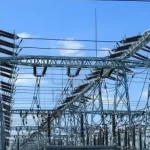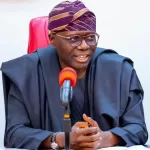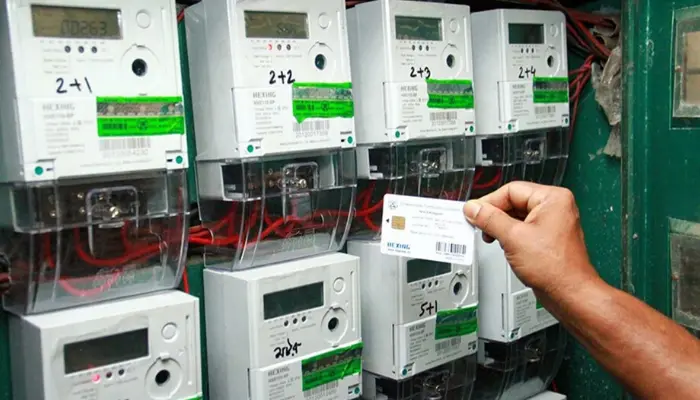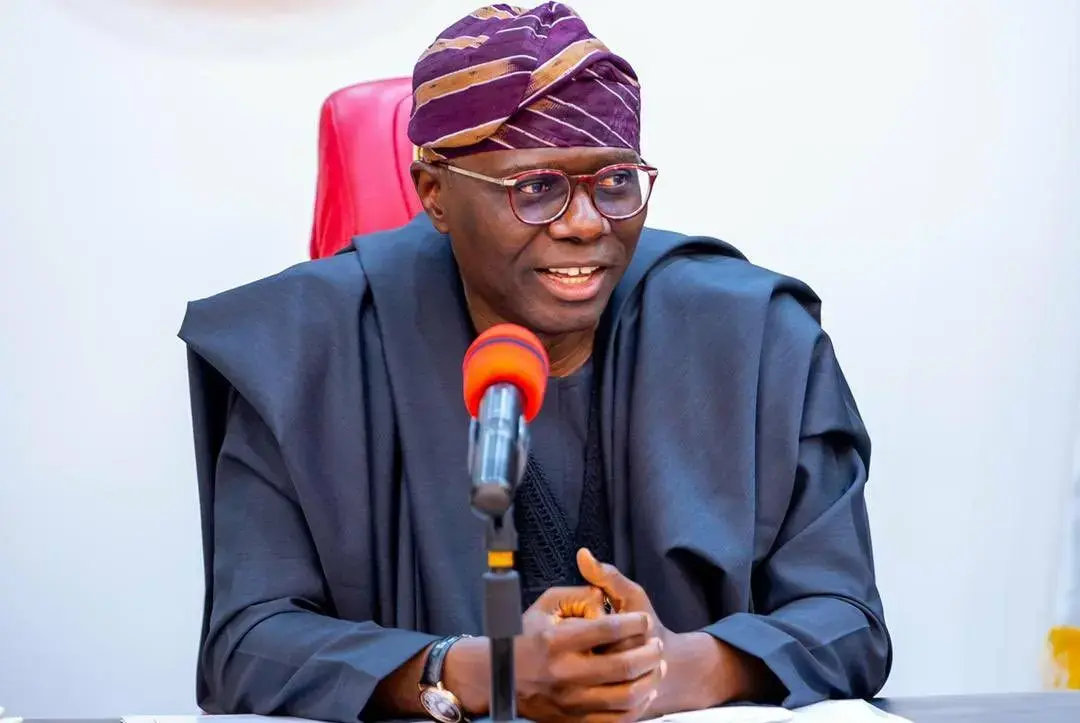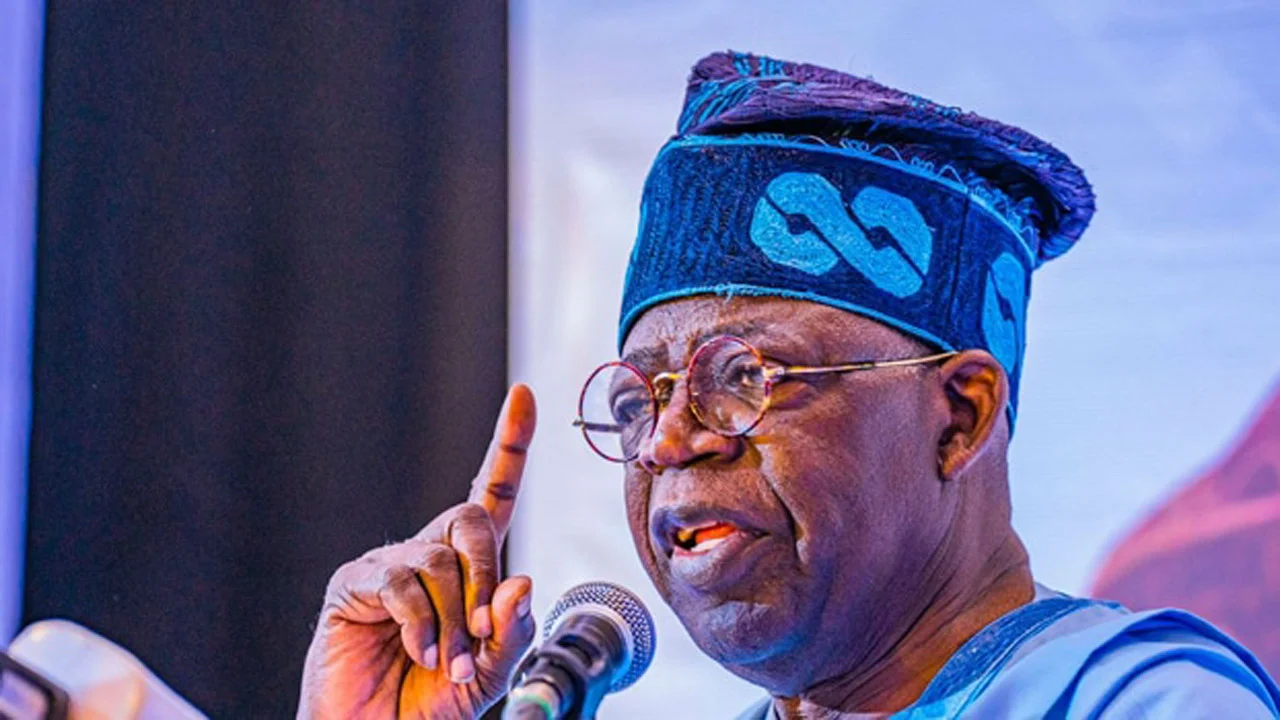The Federal Government has announced that the nation’s vast water resources, capable of generating up to 14,000 megawatts of electricity, as part of its push for sustainable energy development.
This announcement came as the Minister of Power, Adebayo Adelabu, and the Minister of Water Resources and Sanitation, Joseph Utsev, formalized a partnership through the signing of a memorandum of understanding in Abuja.
The MoU pertains to the implementation of the World Bank-backed Sustainable Power and Irrigation Project for Nigeria.
According to Bolaji Tunji, media aide to the Minister of Power, the signing ceremony was witnessed by senior government officials, World Bank representatives, and other key stakeholders.
The agreement marks a significant step toward harnessing Nigeria’s hydropower potential for energy generation and agricultural development.
Adelabu underscored the critical role of the SPIN programme in advancing Nigeria’s energy goals.
He pointed out that while hydropower currently supplies about 20% of Nigeria’s 5,000MW grid capacity, the country has tapped only 15% of its estimated 14,000MW hydropower potential.
“This collaboration underscores the Federal Government’s commitment to leveraging our natural resources for sustainable development. Through SPIN, we aim to optimise water resources to provide clean and reliable energy while supporting irrigation and agriculture for enhanced food security,” Adelabu stated.
Utsev also stressed the importance of integrating water and energy to drive socio-economic progress, describing the initiative as a means of delivering tangible benefits to Nigerians.
“This project will deliver the dividends of democracy that Nigerians are waiting for. The Federal Government, with support from the World Bank, remains dedicated to addressing developmental challenges in the country and delivering transformative results through innovative and strategic partnerships,“ he remarked.
The SPIN initiative aligns with Nigeria’s Energy Transition Plan and the 2023 Electricity Act, both of which emphasize renewable energy and infrastructure development as pathways to economic growth and environmental sustainability.

